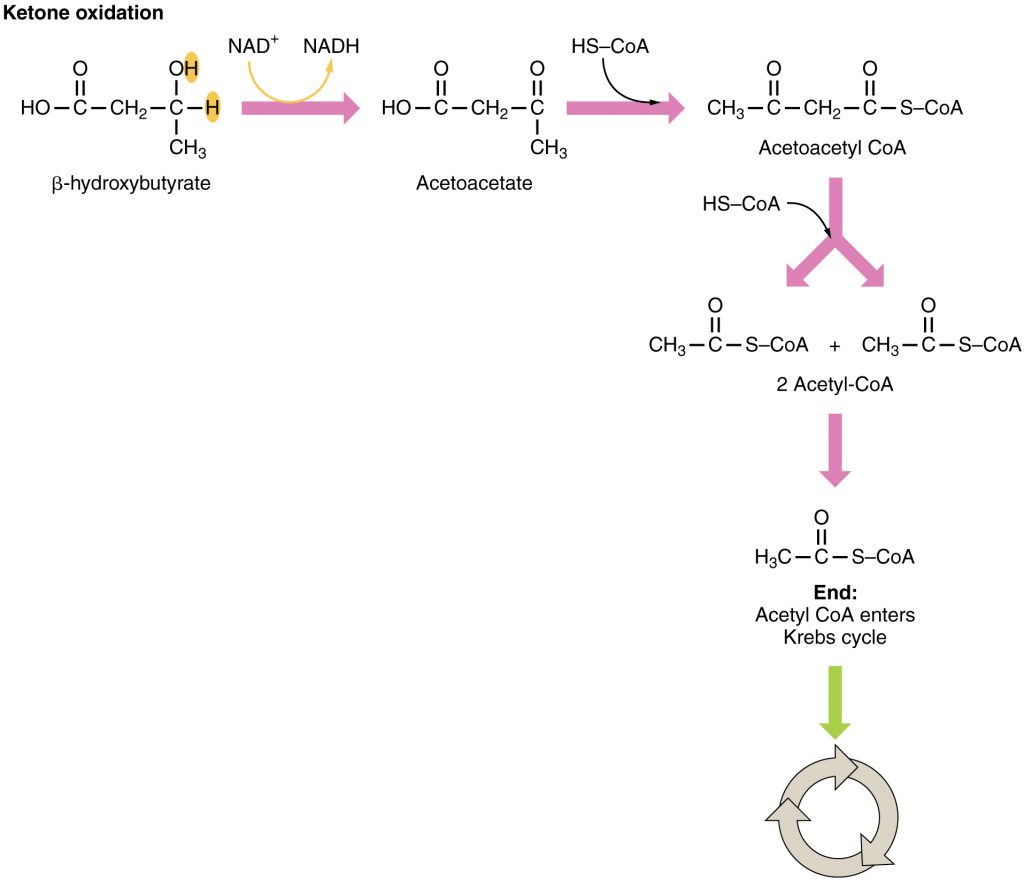As an undergraduate, I found out that college students (especially in Canada) share similar fascination for two things : weed and Netflix.
And I get where this love stems from. They are both super addictive.
But unlike smoking cannabis, watching TV will not make you high…right? Apparently, it is very possible, under the condition that the consumption of media through TV is being done by binging.
Binge-watching television has become more common as consumers take advantage of the presence the reliable digital streaming services such as Netflix and Hulu. They provide unlimited content under an affordable subscription price. Consumers will marathon-watch TV series or films for hours, most of the time completing multiple shows in one sitting.
There also seems to be very little feeling of guilt in spending a significant portion of their day on TV. This Youtube video from AsapSCIENCE perfectly describes the possible negative consequences of binge-watching:
In fact, according to a Netflix survey, 73% of TV streamers from their survey correspondents have positive feelings towards the idea of binge streaming TV. This is more prevalent among college students. Research done towards a higher institution in 2018 found that college students agree (59.4%) and strongly agree (14.4%) that they are engaged in binge-watching. Why is it so?
Why do my peers and I love binge-watching so much?
It is not a foreign feeling. We are all stressed out. By going to college, we are free from our guardians. This is great, but adulting with peers who are as clueless is tough. Studying in college is also harder than back in high school. Let’s face it. The hard realities of academics responsibilities are repulsive.
Not with TV. With streaming services, my friends and I can keep up with a show anytime and anywhere we want. With the many selections to choose from, we are bound to find someone among our peers who enjoy the same show, unlike marijuana, that may have bad reputation with some people. It’s a great conversation starter if compared to other kinds of hobbies that require specific skills and settings to get involved with. College is more bearable when you have friends, and talking about TV shows is the easiest way to get one.
It could also have started from us procrastinating from school works. We may take a break by choosing to watch a half hour episode of a show our friend recommended. The show gets more intense , that hormones associated with stress (cortisol) and empathy (oxytocin) are released as we are hooked on the characters and their turn of events. We are dwelling deep into the enchanting fantasy. We are having fun avoiding reality.

Students who are stressed out while studying will choose the most accessible entertainment- such as streaming services, accessible through the same devices they use for studying. (Image: Pexels)
Then, when we keep on watching TV, our brains starts to produce dopamine, a neurotransmitter that acts as a motivator for us to have MORE fun. Thoughts of anxiety and depression are leaving us. Instead of thinking about the assignment we are struggling with, that make us worry about our near future of job searching which are related to the work we were supposed to do, our eyes and our mind are now fixated on someone else’s story, a story we have absolutely zero responsibility on. And we are alone, without no one to tell us to stop, not our parents nor our friends. We are relaxed. It feels great, not having any burden on our shoulders. The world seems more beautiful. It feels like being hooked on a drug. We are high on TV.
That is why after one episode ended, we start watching another. And another. This continues until we tire ourselves out or a consciousness resurfaces to notify them that the break should have ended a long time ago. There are still works to do and sleep to catch up. But it is extremely hard to stop. TV is just so strangely captivating and addictive.
Maybe it is just the way we fit in with the current situation. College’s environment is associated with facilitating binge-watching through social engagement, enjoyment, stress relief, escaping reality, seclusion, and boredom. Wouldn’t it be funny if binge-watching turns to be another shared nostalgia in our future?
~ Syakirah Zainal
Update: This is the revised version of the original post written on Jan 25, 2019.


